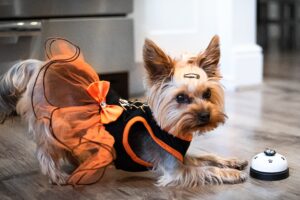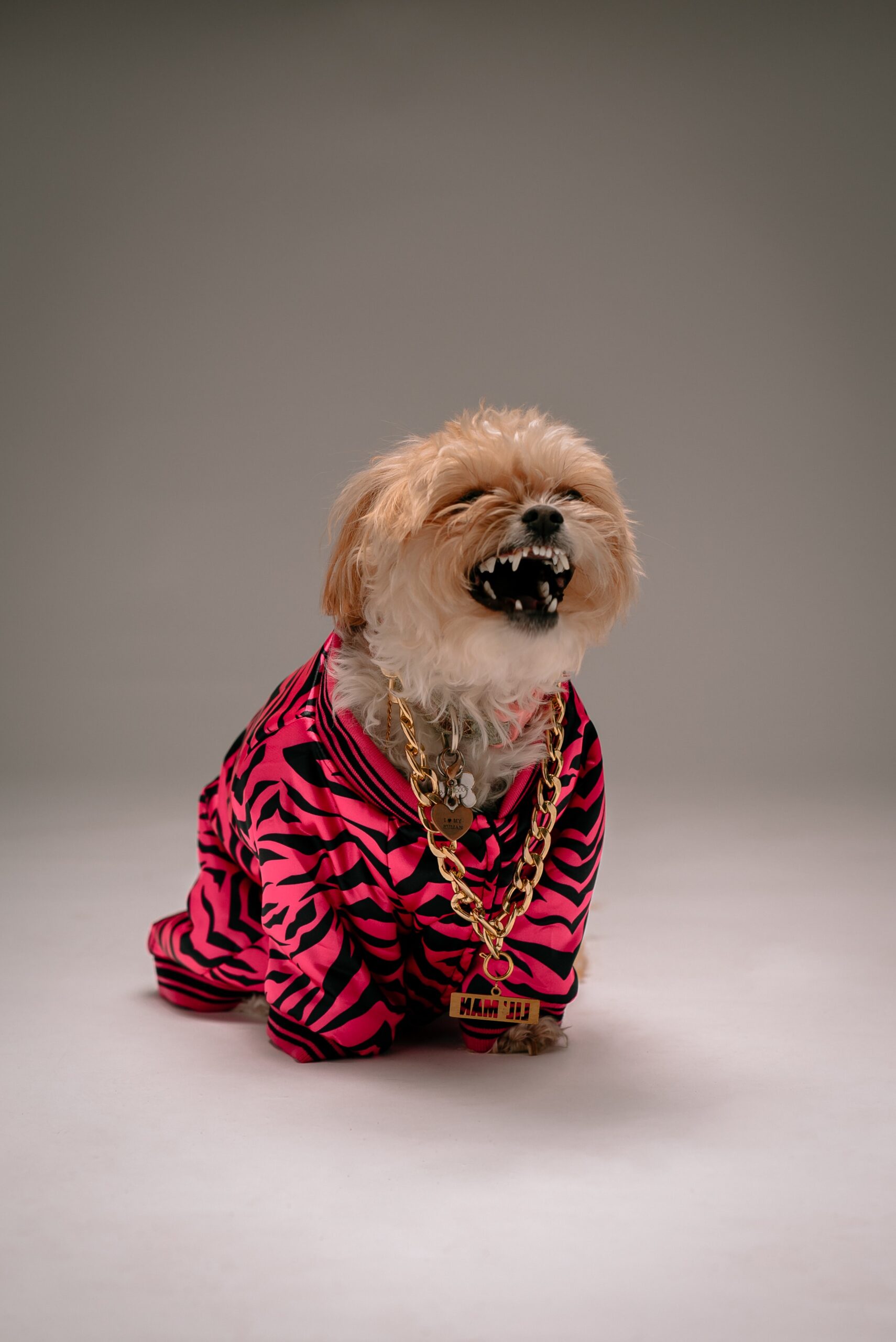As a responsible pet owner, ensuring and knowing how to prevent your puppy from developing aggression, while helping it grow into a well-behaved, friendly, and non-aggressive companion is of utmost importance.
Aggression in dogs can be a serious issue that affects their safety and the well-being of those around them.
The good news is that aggression can often be prevented with early intervention and proper training. So, as you read on, we will explore effective strategies to nip aggression in the bud and promote positive, loving, and non-aggressive behaviour in your beloved puppy.
1. Early Socialisation
Socialisation is the foundation for preventing aggression in puppies. Introduce your puppy to a wide range of people, animals, environments, and experiences during their critical socialisation period (around three to sixteen weeks).
Positive and controlled interactions with different stimuli help puppies feel comfortable and confident in various situations, reducing the likelihood of fear-based aggression.
2. Positive Reinforcement Training
Positive reinforcement training is a powerful tool for shaping a puppy’s behaviour. Reward desirable behaviours with treats, praise, and affection, creating positive associations with good conduct.
This approach fosters trust, strengthens the bond between you and your puppy, and encourages them to repeat positive actions.

3. Set Clear Boundaries
Establishing clear boundaries is essential in preventing aggression. Consistently enforce rules and avoid encouraging behaviours that may be cute in a puppy but undesirable in an adult dog. Teaching “leave it” and “drop it” commands helps prevent possessive aggression over toys or food.
4. Puppy Classes and Training
Enroll your puppy in positive reinforcement puppy classes. These classes not only teach basic obedience commands but also provide socialisation opportunities with other dogs and people.
Training in a controlled environment helps puppies learn how to interact appropriately, reducing the likelihood of aggressive behaviour towards unfamiliar dogs.
5. Avoid Punishment-Based Training
Avoid using punishment-based training methods as they can lead to fear and anxiety, which may exacerbate aggressive tendencies. Instead, focus on positive reinforcement and redirection to encourage appropriate behaviour.
6. Managing Playtime
While play is essential for a puppy’s development, monitor playtime with other dogs carefully. If play becomes overly rough or aggressive, puppy growling while playing, intervene and redirect the energy into more appropriate activities.
7. Supervision with Children
Supervise interactions between your puppy and young children. Teach children how to handle the puppy gently and appropriately to avoid accidental triggers of aggression.
8. Early Detection and Intervention
Be vigilant in observing your puppy’s behaviour. Early detection of signs of aggression, such as growling, snapping, or stiff body language, allows you to intervene and address the issue promptly.
Conclusion
Preventing aggression in puppies requires a proactive and positive approach. By focusing on early socialization, positive reinforcement training, setting clear boundaries, and avoiding punishment-based methods, you create a loving and secure environment for your puppy to flourish.
Encourage appropriate interactions, provide ample playtime, and supervise interactions with other dogs and children. By being proactive and attentive, you can set your puppy on the path to becoming a well-mannered, friendly, and non-aggressive companion, bringing joy and harmony into your lives for years to come.
Remember, patience, consistency, and love are the keys to nurturing a happy and well-adjusted puppy.

